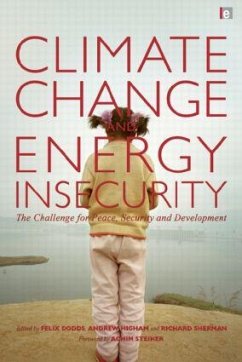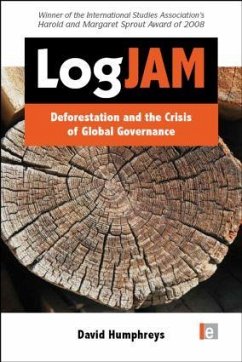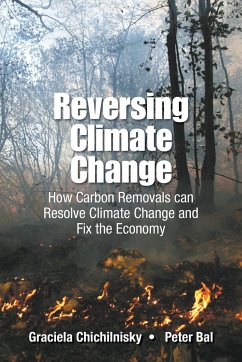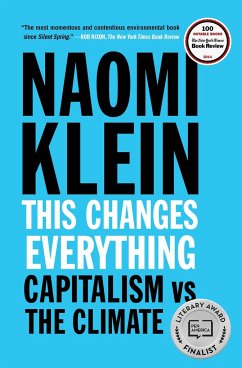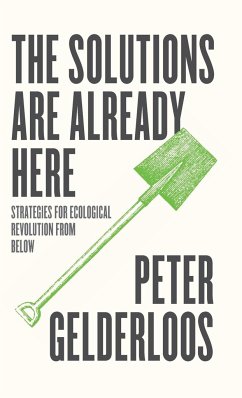
Climate Change Denial
Heads in the Sand
Versandkostenfrei!
Versandfertig in 1-2 Wochen
109,99 €
inkl. MwSt.
Weitere Ausgaben:

PAYBACK Punkte
55 °P sammeln!
Humans have always used denial. When we are afraid, guilty, confused, or when something interferes with our self-image, we tend to deny it. Yet denial is a delusion. When it impacts on the health of oneself, or society, or the world it becomes a pathology. Climate change denial is such a case. Paradoxically, as the climate science has become more certain, denial about the issue has increased. The paradox lies in the denial. There is a denial industry funded by the fossil fuel companies that literally denies the science, and seeks to confuse the public. There is denial within governments, where...
Humans have always used denial. When we are afraid, guilty, confused, or when something interferes with our self-image, we tend to deny it. Yet denial is a delusion. When it impacts on the health of oneself, or society, or the world it becomes a pathology. Climate change denial is such a case. Paradoxically, as the climate science has become more certain, denial about the issue has increased. The paradox lies in the denial. There is a denial industry funded by the fossil fuel companies that literally denies the science, and seeks to confuse the public. There is denial within governments, where spin-doctors use 'weasel words' to pretend they are taking action. However there is also denial within most of us, the citizenry. We let denial prosper and we resist the science. Climate Change Denial explains the social science behind denial. It contains a detailed examination of the principal climate change denial arguments, from attacks on the integrity of scientists, to impossible expectations of proof and certainty to the cherry picking of data. Climate change can be solved - but only when we cease to deny that it exists. This book shows how we can break through denial, accept reality, and thus solve the climate crisis. It will engage scientists, university students, climate change activists as well as the general public seeking to roll back denial and act.







